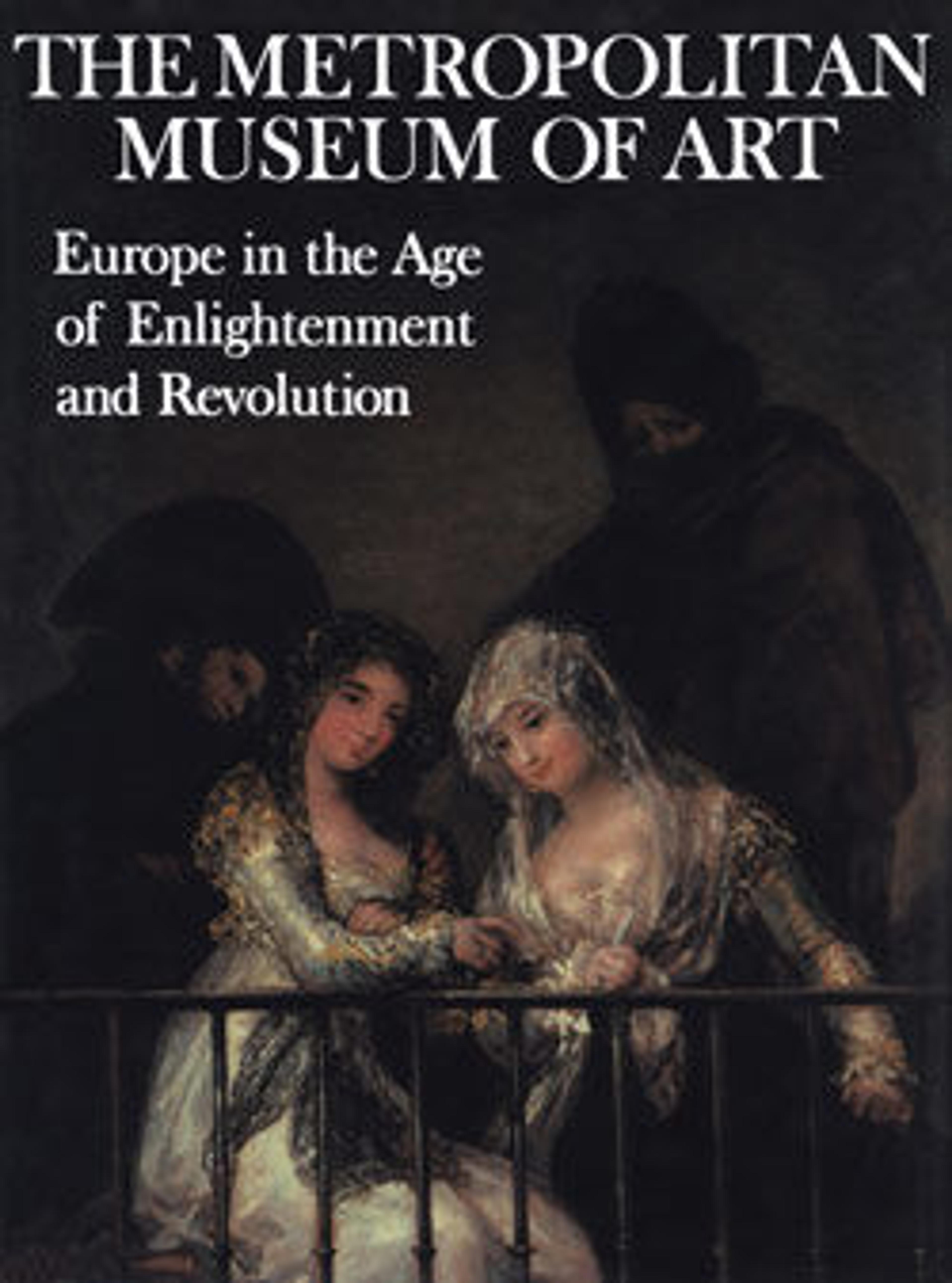Pity
This work was inspired by lines from Macbeth (act 1, scene 7), in which the title character imagines the aftermath of his intended murder of Duncan, the king:
"And pity, like a naked new-born babe, Striding the blast, or heaven’s cherubin, hors’d Upon the sightless couriers of the air, Shall blow the horrid deed in every eye"
Here, Shakespeare’s similes are embodied to create a dynamic interplay where a baby springs from his mother towards an angel mounted on a blind steed. The artist inventively mixed relief etching with colors printed from millboard to produce this image, then used ink and watercolor to define details. Blake called prints like this one "frescoes" and considered them part of a greater narrative sequence.
"And pity, like a naked new-born babe, Striding the blast, or heaven’s cherubin, hors’d Upon the sightless couriers of the air, Shall blow the horrid deed in every eye"
Here, Shakespeare’s similes are embodied to create a dynamic interplay where a baby springs from his mother towards an angel mounted on a blind steed. The artist inventively mixed relief etching with colors printed from millboard to produce this image, then used ink and watercolor to define details. Blake called prints like this one "frescoes" and considered them part of a greater narrative sequence.
Artwork Details
- Title: Pity
- Artist: William Blake (British, London 1757–1827 London)
- Subject: William Shakespeare (British, Stratford-upon-Avon 1564–1616 Stratford-upon-Avon)
- Date: ca. 1795
- Medium: Relief etching, printed in color and finished with pen and ink and watercolor
- Dimensions: sheet: 16 5/8 x 20 3/4in. (42.2 x 52.7cm)
- Classification: Prints
- Credit Line: Gift of Mrs. Robert W. Goelet, 1958, transferred from European Paintings
- Object Number: 58.603
- Curatorial Department: Drawings and Prints
More Artwork
Research Resources
The Met provides unparalleled resources for research and welcomes an international community of students and scholars. The Met's Open Access API is where creators and researchers can connect to the The Met collection. Open Access data and public domain images are available for unrestricted commercial and noncommercial use without permission or fee.
To request images under copyright and other restrictions, please use this Image Request form.
Feedback
We continue to research and examine historical and cultural context for objects in The Met collection. If you have comments or questions about this object record, please contact us using the form below. The Museum looks forward to receiving your comments.
